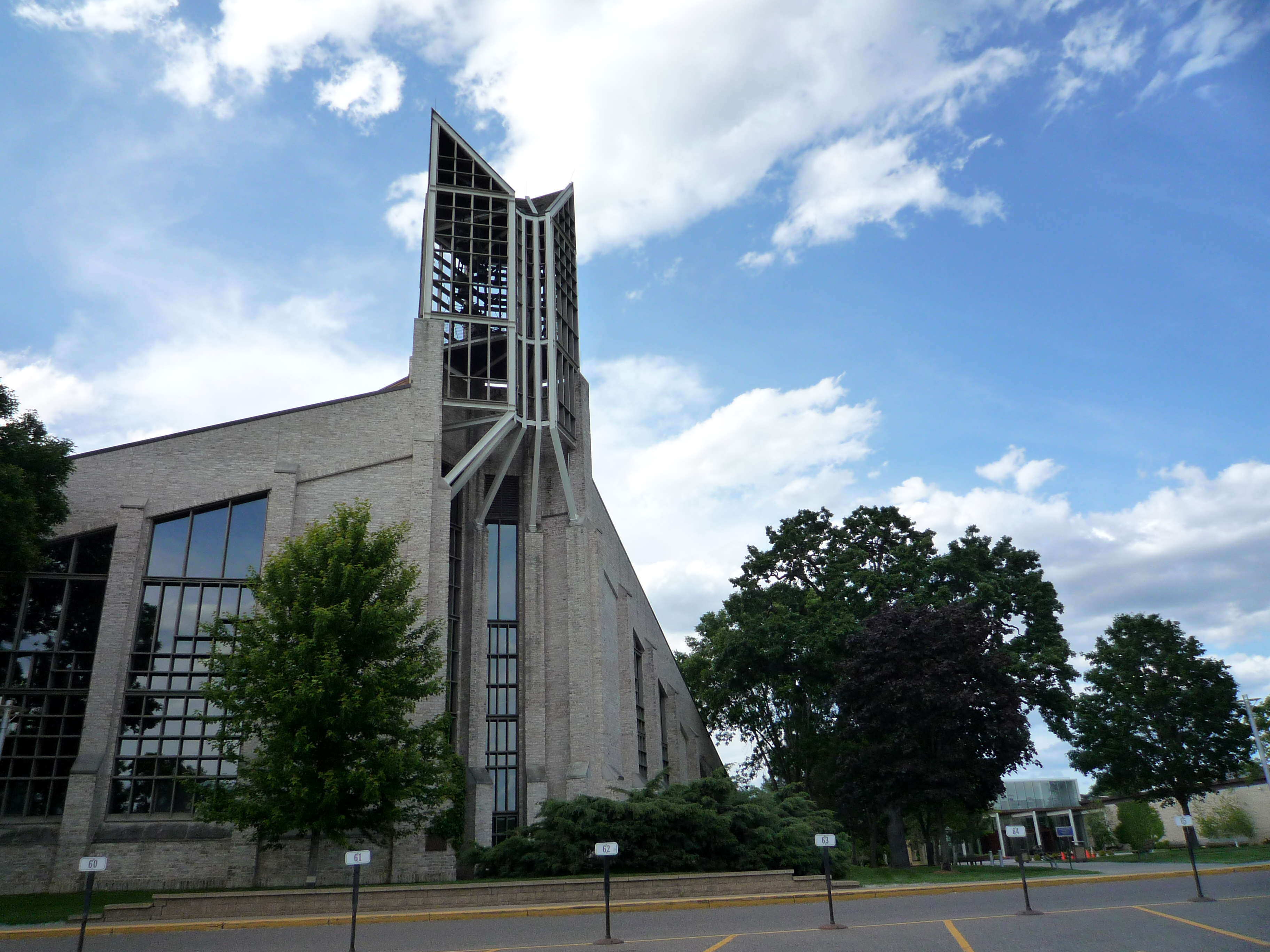Edward Hessler
 |
| By vix from Minneapolis (Down by the slip, or whatever it's called) [CC BY 2.0 (http://creativecommons.org/licenses/by/2.0)], via Wikimedia Commons |
Grant Two Bulls recently completed his senior year at Breck School, a pre-K-12 private independent school in Minneapolis. In summer 2014, he could be found for a short time in a canoe collecting sediment samples from Lake Calhoun and for a much longer time--hours--looking through a microscope counting pollen from those sediments.
The Dakota name for the lake is Mde Maka Ska--Be-DAY MahKah Ska). White Earth Lake.
The kind of scientific work Grant Two Bulls did is known as paleoecology. The sediment samples are known as cores because they are collected in tubes which vary in length depending on lake and sediment depths. Jacquelyn Gill who writes "The Contemplative Mammoth" blog makes some thoughtful comments on the value of pollen analysis (palynology) in this era of Big Data.
Linking to one's heritage while studying science and history
For Two Bulls, a member of the Oglala-Lakota tribe, it was his idea of a perfect project. He was interested in exploring a link in his heritage, one which allowed him to join the study of science and history. In the early 1800s, the Mdewakanton Dakota lived in a settlement on the shores of Lake Calhoun known as Eatonville or Cloudman Village.
| By Krzysztof Ziarnek (Kenraiz) (Own work) [CC BY-SA 3.0 (http://creativecommons.org/licenses/by-sa/3.0)], via Wikimedia Commons |
The scale of corn production surprised me--a 1000 bushels a year. This level of production led Two Bulls to wonder about the impact of such production. Pollen grains are the perfect study object since they provide a record of past events. Two Bulls is the first person to document the existence of ragweed at this site.
Kim McQuire, Minneapolis Star Tribune, wrote about Two Bulls' work and awards. I was so glad she included this quote: "This work (analyzing the samples) is not fun." Not all science is. It has its moments/hours/days/weeks. I was reminded of a biomedical researcher who referred to the analytic phase of her studies as "chopping wood". It is work, though, that must be done in the process of sense making.There is no escaping it.
McQuire quote of Two Bulls shows how a research study often becomes a door to yet further research and certainly wonder. Two Bulls notes that the site is "a kind of historical anomaly. It was sedentary and agricultural, which was not what the Dakota were about at all."
An interview by Tom Weber of Minneapolis Public Radio adds further details and insights about the study and also about this young scientific researcher, student and athlete. Two Bulls is headed to Dartmouth College, Fall 2015. His interests, based on the McQuire piece, are in the areas of economics, government and native study.
It was good to see so much attention paid to a science fair study as well as one which provided some insights into what science is and one of its practices. Something Charles Darwin said about himself and his tenacity of purpose and persistence, strikes me as very true of Grant Two Bulls, too: "It's dogged as does it."
 |
| By Bobak Ha'Eri (Own work) [CC BY 3.0 (http://creativecommons.org/licenses/by/3.0)], via Wikimedia Commons |
The Breck School research research program is directed by Lois Fruen and is described here. Ms. Fruen is a past-president of the Minnesota Science Teachers Association (MnSTA). She has received many awards and acknowledgements of her contributions to secondary science education. The most prestigious is the 1986 Presidential Award for Excellence in Mathematics and Science Teaching (PAEMST).
In an e-mail, Lois noted that she gave Two Bulls "a hard time about his saying that counting pollen was boring. He said he likes that people laugh when he says that." Coring may be boring (at times) but these kinds of results provide satisfactions.
The May 2015 issue of Rising Scientists: A Journal of the Breck School Advanced Science Research Program includes this information about Grant Two Bulls. Dr. Matthew Beckman at Augsburg College provided guidance during the research. "Grant was named an Intel ISEF finalist and an International Sustainable World Engineering, Energy, Environment Project Olympiad (SWEEEP) finalist. At the Twin Cities Regional Science Fair, he received the Ecolab Gold Sponsor Award. He was named and American Indian Science and Engineering Fair finalist. At I-SWEEP, he received the Second Grand Award." In addition, he was named a STEM Communicator Award finalist, a Young Naturalists National semifinalist, a Minnesota Scholar of Distinction and was a speaker at the Scholar of Distinction ceremony.

No comments:
Post a Comment